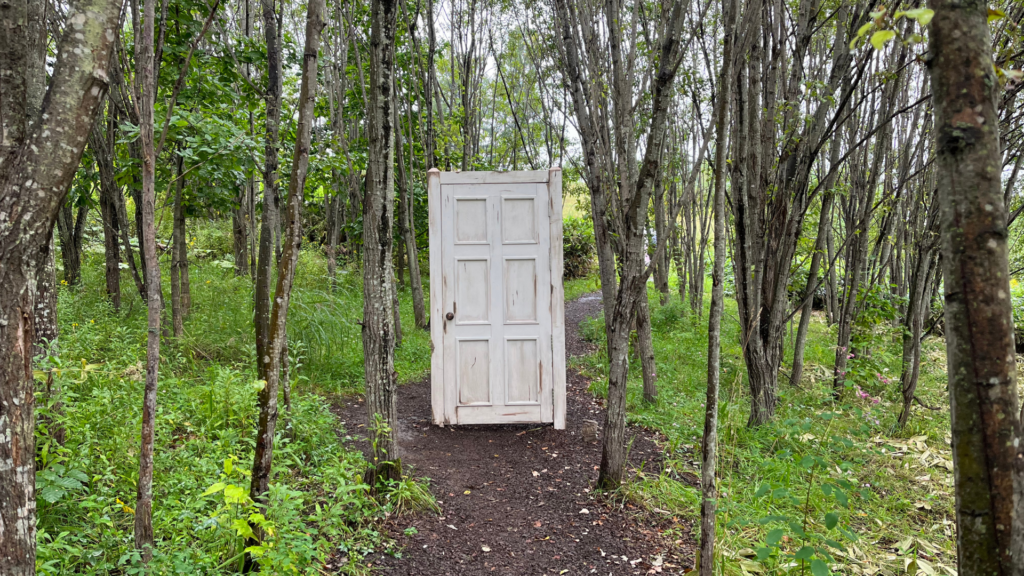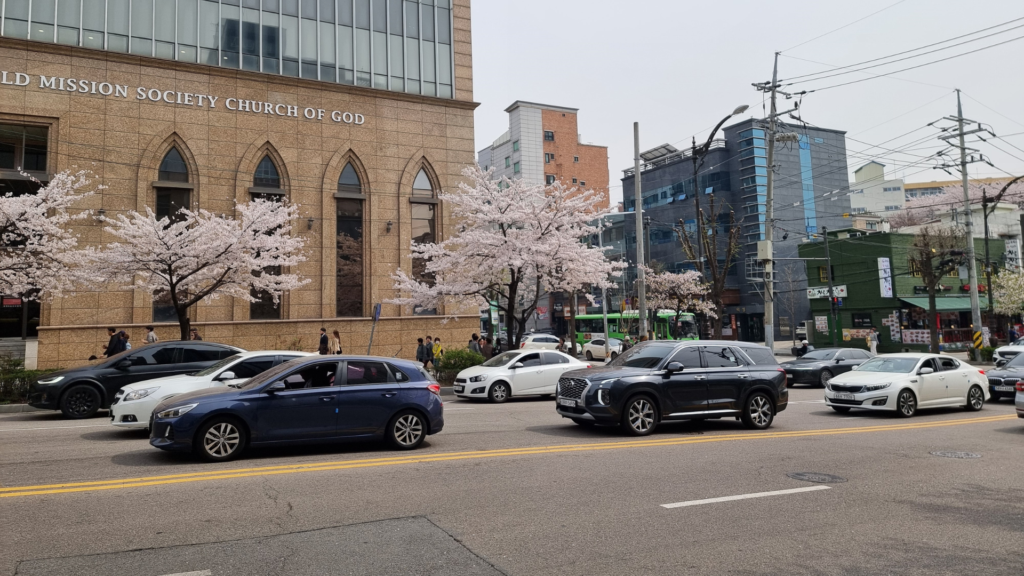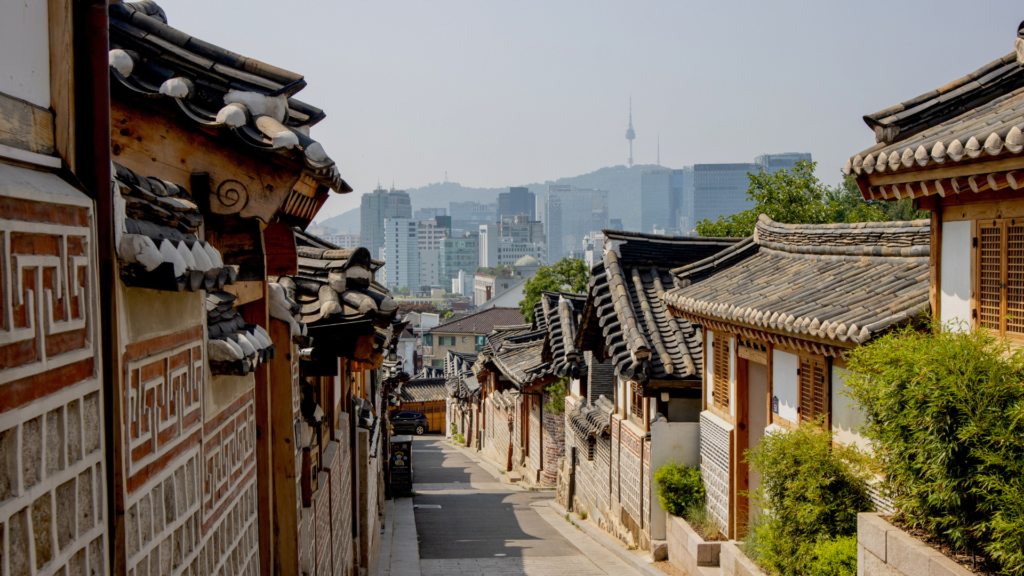When travelling to another country, one is confronted with different customs and traditions, and Korea is no different. Like all Asian cultures, Korea has a set of rules to follow, imposed by society on certain occasions. Let’s take a look at the top 10 rules of etiquette in Korea.
10 rules of etiquette in Korea that you want to follow

1. Taking off your shoes
One of the main rules of etiquette in Korea is to take off your shoes before entering someone’s house. You don’t wear shoes in the house, because it’s not hygienic after walking down the street, and Koreans, like many other Asian people, sleep, study, eat, and spend most of their time on the floor.
It may even be the case that in some traditional, wooden-floored restaurants, you are required to remove your shoes, so don’t be too surprised!
2. Bowing
Just like in Japan, in Korea people bow as a sign of respect, especially between people they don’t know or work colleagues. It is not uncommon to see students bowing when they meet their sunbae (older student), just as it is common for the ajumma at the restaurant (middle-aged lady) to bow when greeting you.
Among the rules of etiquette in Korea, there are various types of bows. The more informal ones consist of simply bowing your head, while the more formal ones involve deep bows in which the degree changes depending on the person you are greeting. It’s literally, 15°, 30°, 45°, as if you were standing there with a protractor calculating them.

3. Drinking in company
As you may have seen in some of the K-dramas, drinking culture is very important in Korea. Drinking in company is a sign of unity, respect for the elderly or higher-ups, and is also a way to relieve tension after work.
Among the rules of etiquette in Korea when drinking there are:
- Never pour your own drinks;
- Never pour a drink with one hand (hold your wrist or elbow with the other);
- Never drink in front of an elderly person, but turn slightly to the right;
- Never refuse a glass (unless you are allergic or you don’t drink, then it is good to mention this beforehand).
A secret: if you don’t want to drink like a sponge, try never to empty your glass. It is only filled when empty!
4. Giving thanks before and after meals
Just like in Japan, in South Korea there is a ritual of giving thanks before and after each meal. When you start to eat, you put your hands together and say jal meokkesseumnida (잘 먹겠습니다) or “I will eat well”. (corresponding to our “good appetite”). At the end of the meal, the expression jal meogeosseumnida (잘 먹었습니다) is used to thank and show that one enjoyed the meal.
5. Sharing food
Koreans traditionally like to share food with their dining companions. That’s why when you go out to eat at someone’s house or a restaurant in Korea, you’ll be served a series of small plates as an appetizer, which you’ll share with others at the table. Also when ordering food, if you are going with friends or a Korean partner, it is good to order food that can be shared.
If you ask “What about pizza?”, that’s also shared. It is already served in slices, and it is not good etiquette in Korea to eat a whole pizza by yourself.
6. Don’t tip
Tipping is not customary in South Korea under any circumstances. It is considered rude and disrespectful as Koreans consider offering good service a duty, not a ‘favour’ to the customer.
7. Giving and receiving with two hands
The business card is considered very important in Korea, as it presents and defines the person you are talking to. Koreans follow the social dictates of rank, so in the formal act of exchanging business cards, keep two things in mind: give with two hands and receive with two hands. Receiving a business card with one hand is tantamount to offending the other person, so be very careful especially if you are handing the business card to your future employer.
The same applies to gifts and money, including credit cards. If you may have your hands full with bags and envelopes, and you need to pay at the checkout, it’s OK to use one in that case.
8. Don’t sit in reserved seats on the train
It is deeply disrespectful to sit on reserved seats in the train. They are always a different colour from the others, and there are 9-12 of them on each train. You may not notice it at first as a foreigner, but you may be rudely told off, in Korean, by the person to whom the seat rightfully belongs to (elderly, disabled or pregnant women).

9. Respecting the elderly
This would be a good rule to follow in any country in the world, and we should often take these rules of etiquette in Korea as an example. Apart from giving up their seats in trains or buses, Koreans are generally very respectful towards older people. This can be seen in the way they call each other, using specific terms depending on the age of the other person (we mentioned something about this in our article on Korean dramas).
An example is at the dinner table, where you have to wait until the older people have picked up their chopsticks before you can start eating. If you’re not sure about the person’s age you’re eating with, it’s best to wait for them to start before you do, so you don’t risk making a bad impression.
10. Writing your name in red
Even if you are not particularly superstitious, it is best to avoid writing your name or someone else’s name in red. In the past in Korea, it was customary to write the names of the dead in red on family registers or funeral insignia. It is said that evil spirits hate the colour red.
These are the main rules of etiquette in Korea. Are there any others you were shocked to learn (or were you lucky enough to discover them before any embarrassing incidents)?
For more information on Korean life and culture, follow our blog or contact us if you are interested in living and studying in Korea.
















